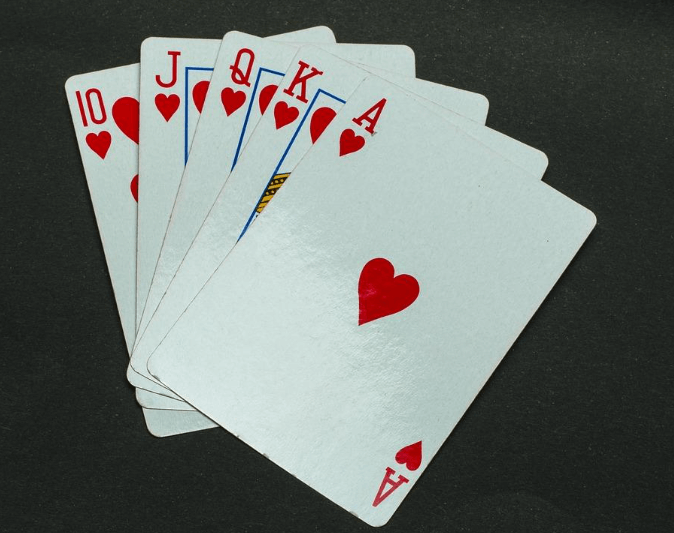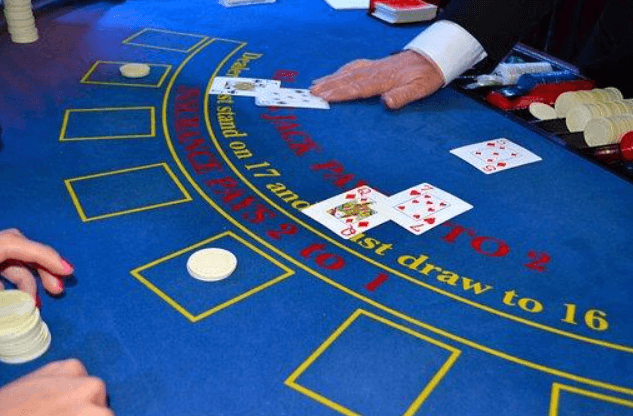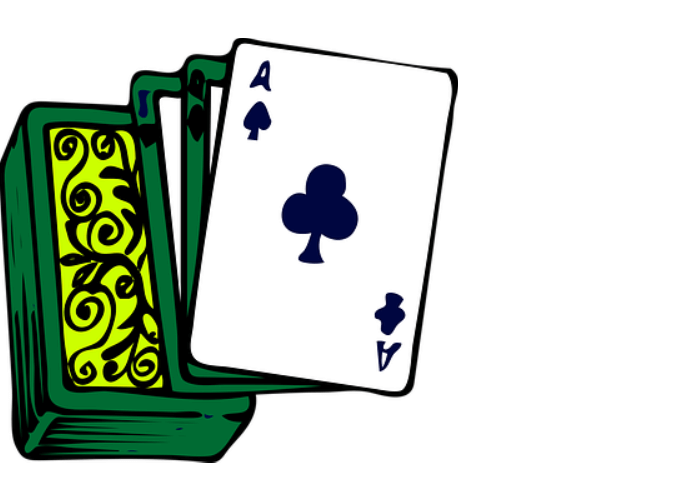What Is Insurance in Blackjack: a Friend or a Foe?
May 5, 2023
When playing "21" in The Land of King Billy, both beginners and experienced gamblers should get familiar with a side bet, called insurance. What does insurance mean in blackjack? This type of wager is placed apart from the main one per a single game session and can help punters save their bankroll when used correctly. With the blackjack insurance bet, casino clients get a chance to provide a breakeven game and keep their money, when a dealer makes "21". Although they lose the initial bet, players still benefit.
In this blog post, we’ll describe what is an insurance bet in detail, how it can help gamblers, and when it’s the most suitable time for using it. You will get the full answer to the question “What does insurance do in blackjack?”

Insurance Bet in Blackjack: What is It?
There are strict blackjack insurance rules for punters. They can’t use it whenever they want, but only when cards are dealt to participants at the table and the croupier gets an ace as a face-up card. In this case, a client can apply for an insurance bet, which costs half the main stake and ensures a payout of 2:1 if the dealer results in "21".
If the dealer wins blackjack, a player receives twice the covered wager. Suppose your original stake is C$20, and the dealer takes an ace. While you don’t know which second card a croupier has, you may purchase blackjack insurance for C$10. If the dealer makes "21", you receive C$10 back + win C$20 and lose the initial C$20 bet. Thus, you result in zero winning and losing.
But what does an insurance bet do in blackjack if the dealer doesn’t hit "21"? It saves the original stake. Although you lose the insurance money, the game continues as usual, and you still can beat the opponent according to a traditional scenario.

What Are the Odds for Insurance Bet: Learning the Basics
The probability of winning back an insurance bet varies from one blackjack game to another and depends on such factors as the number of decks used in the gameplay and the amount of 10-value cards already drawn.
There are 13 types of cards in blackjack, and only 4 of them give 10 points for the hand. So based on blackjack insurance rules, the dealer’s odds of winning "21" are 9:4 (around 31%) on average.
Still, this probability works if all the 10-point cards are still in the dealer’s deck. But when several players are at the table with a ten, queen, king, or jack card, the odds to win a blackjack insurance bet decrease. Thus, if there are only 4 tens or picture cards left in a deck, the probability falls to just 23%.
It may be challenging to determine the odds of winning with blackjack insurance, but more experienced players who use a card-counting strategy can choose the perfect moment when their bets will be appropriate.

Blackjack Insurance Betting: Advantages and Disadvantages You Should Know
Before we’ll describe the pros and cons of an insurance bet, you should know that not every game allows placing these side stakes. For example, most classic versions don't provide such an opportunity, because usually there is only one deck in a shoe which greatly reduces the dealer’s odds of winning blackjack. American and European versions of the game are the ones that have allowed punters to protect themselves from the dealer's natural blackjack. Traditionally, the European version is played with 6-8 decks in a shoe, while the European one uses only 2 decks of cards.
Pros of Insurance Bets
Blackjack insurance bet benefits players in several ways when the dealer's upper card is ace:
- It protects them from losing an original bet when there is a high chance for the dealer to collect "21" in hand. If the face-up croupier’s card is ace, you and other players don’t have 10-point cards drawn, there is a 31% risk that a dealer wins blackjack.
- Players receive an additional payout if the dealer gets "21" with 2 cards. They double their insurance bet, which covers the loss of the initial wager.
- The blackjack insurance meaning is indisputable if the dealer doesn’t win blackjack. The game continues, and players are still able to win their losses back if their hand value is larger than the croupier’s and doesn’t exceed the "21" limits.
Cons of Insurance
Along with the advantages, here come some unpleasant issues players may face in the long run:
- If you take a wager for each hand, where the dealer will draw an ace, you may lose more than win. It is because the croupier’s odds of hitting blackjack are lower than the odds of not winning it.
- Experienced players state that a blackjack insurance bet distracts them from the basic strategy, and simple counting hand cards can bring more winnings in the long term.
- By taking an insurance bet, you grow the casino house edge. Thus, a stake top-up the house advantage to 5.8% when only one deck is used in a game and 7.5% when 6-8 decks are in a shoe.
When Using Insurance May Be Worth It?
If you decide to take insurance in blackjack, you may be interested in the most suitable circumstances for that strategy. There are several cases when using it may be a good idea for The Noble players of King Billy:
- You have a strong hand of 15 and higher. If you lose, you may still hope to win the round.
- If you are attentive and know how to count cards, you may calculate the most favorable moment to take insurance in blackjack.
- If you are a high-roller and stake a large sum of money, this side wager can help to protect your initial stake.
- For players that participate in blackjack tournaments, such side bets may become a well-calculated risk to enter the next round.
When Is It Better to Avoid Blackjack Insurance?
There are certain situations when it’s better not to buy immunity for the round. For example, if you have a weak hand that is lower than 15, you better avoid this side betting. The other case is when you aren’t experienced in counting cards, and there are too many players sitting at the blackjack table. You won’t be able to correctly predict your odds of winning.
Also, it’s worth mentioning that the more decks are used in a game, the higher your chances of losing an insurance bet.
Blackjack Insurance Strategy: The Bottomline
The best way to understand the definition of blackjack insurance is to try it on your own at King Billy, the most awarded casino. First, you may play the demo version to learn the main principles and outcomes without spending real money. Taking this wager may be profitable for a single or a couple of rounds when you have a strong hand of more than 15 points and there are no 10-value cards drawn for the rest of the players at the table. In case, if the dealer wins blackjack, you’ll receive a payout 2:1. Still, in the long-term, applying this side stake for each possible hand can cause huge spending.
Buying a blackjack insurance bet will give you basic 30% odds to win. This risk may be relevant if you want to protect your large initial stake or increase your chances to keep a top position in the tournament.
FAQ's
Blackjack Insurance: What Is It?
It is a special side stake, half of the initial stake value, which helps to protect you from losses if the dealer hits blackjack. The payout for winning blackjack insurance is 2:1, meaning you’ll receive twice the bet if the dealer draws "21". As opposed, you lose the assurance money but still keep playing the round and try to beat the dealer’s hand.
I Want to Buy an Insurance Bet: How Much Should I Pay?
The immunity bet usually costs half of the original wager. So if you stake C$20, then you may buy a C$10 insurance for the following round.
Is It Profitable to Buy Blackjack Insurance?
Purchasing blackjack insurance can be worth it for a single game, but not as a constantly used strategy. Buy this side bet if you have a strong hand or can count cards to define when protection will play in your favor.
If the Dealer Doesn’t Hit Blackjack, How Much Will I Lose?
You’ll lose the amount of your insurance which usually is half of the original stake. So, if you stake C$40 at the beginning of the game round, and place a C$20 immunity bet, but the dealer won’t draw blackjack, you’ll lose C$20. You can continue playing and win or lose the original wager as well, depending on the outcome.
< Back to the blog










